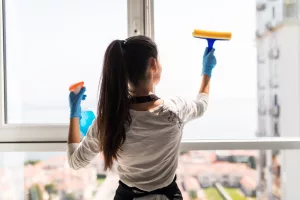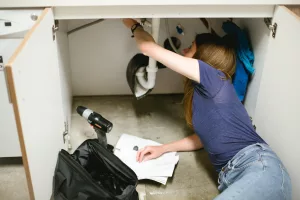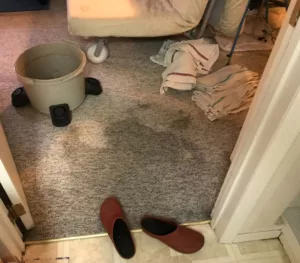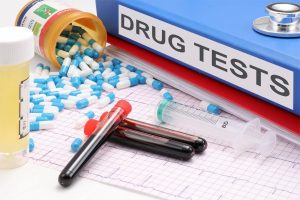How to Safely and Effectively Clean Tough and Delicate Surfaces
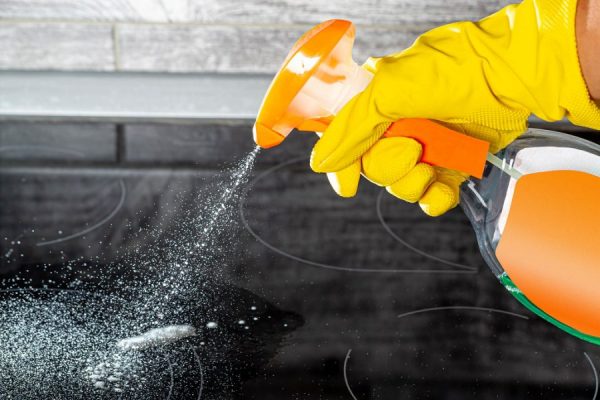
With the right tools and cleaning methods, you can easily clean even your most challenging surfaces, including stairs, concrete floors, granite countertops, etc. Here’s how to safely and effectively clean tough and delicate surfaces in any room of your home.
The Importance of Cleaning Tough Surfaces
Residues from everyday household activities—including dust, soot, mold, pet dander, and saliva—build-up on hard surfaces in a matter of hours. These residues can harbor germs that make you sick.
Handling Tough Spills Safely and Effectively
Some carpet tools designed for tough stains can be damaging if not used correctly. To avoid damaging your carpet, use a vacuum with a brush attachment or an upholstery tool that can pick up small crumbs without digging them into your carpet.
When You Should Be Using Harsh Chemicals
There are two times when you should use harsh chemicals on tough or delicate surfaces: When nothing else will do and when it’s a relatively low-risk surface. If your stove top is caked with burnt food, don’t try scrubbing it off with just water. The same goes for bathroom tiles that have become mildewed over time.
Make Sure All Your Equipment is Up to Date
According to Jon-Don, “Having worn or out-of-date equipment can cause a severe health risk while cleaning, especially when working with chemicals.” So always make sure your safety equipment such as your carpet tools is in perfect condition.
Choosing the Right Solvent for the Job
When trying to clean an object, you must use the appropriate solvent for that particular material. Here’s a list of surfaces and the best solvent for cleaning them:
- Hard surfaces (for example, wood, metal, glass) are best cleaned with a mixture of water and white vinegar or alcohol-based products.
- Fabrics (for example, carpeting and upholstery) should be cleaned with water-based products specially formulated for that type of material.
- Leather should be cleaned with leather-specific cleaners, as water or alcohol-based products can easily damage it.
- Rubber should be cleaned with products specifically formulated for rubber, as water-based products can cause it to deteriorate over time.
- Enamel surfaces (for example, porcelain) should be cleaned with warm water and mild soap, then rinsed thoroughly.
- Painted surfaces (walls) should be cleaned with a non-abrasive cleaner or soap-and-water mixture. Avoid using abrasive products, as they can scratch the paint off of walls.
- Glass should be cleaned with a mild dishwashing liquid diluted in warm water, then rinsed thoroughly.
The thing about harsh chemicals is that they can be safe for some surfaces but not for others. For example, you wouldn’t want to use bleach on granite or marble because it will damage them.
Using Proper Safety Gear While Handling Solvents
Proper safety gear is absolutely necessary when cleaning delicate surfaces. It’s essential to protect your skin, eyes, nose, mouth, ears, hair, and body while working with solvents. Wear goggles, rubber gloves, a respirator mask, and protective clothing when using solvents.
The more thoroughly you clean your hard surfaces, especially your toilets, sinks, bathtubs, countertops, floors, and stoves, the better off you’ll be. Not only will you reduce illness-causing bacteria, but you’ll also avoid having to deal with stains and odors that are tough to remove.

